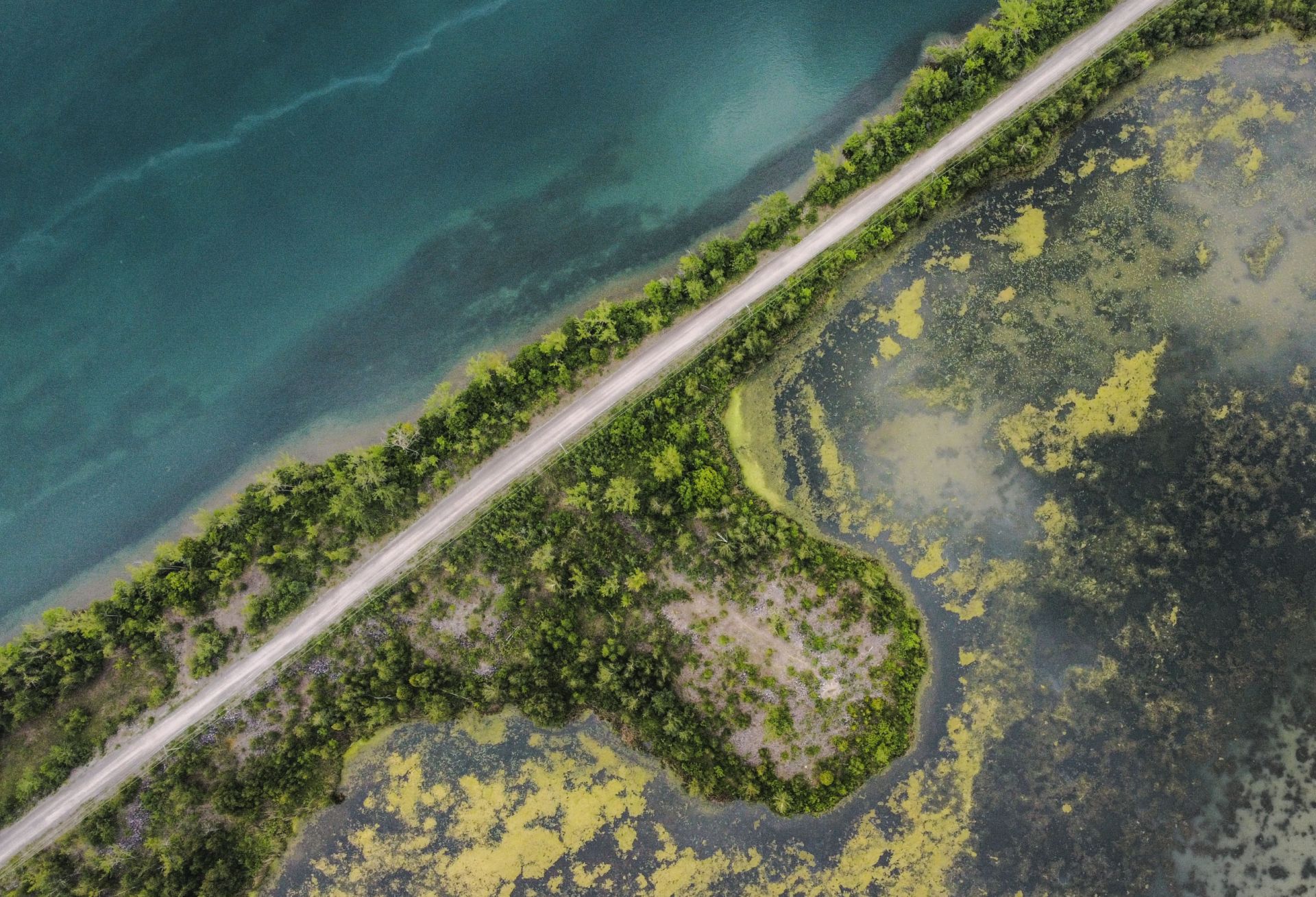
What’s the difference between Möbelfakta and the Nordic Swan?
The Nordic Swan and Möbelfakta are two major eco-labels for furniture,
what is it that distinguishes them?
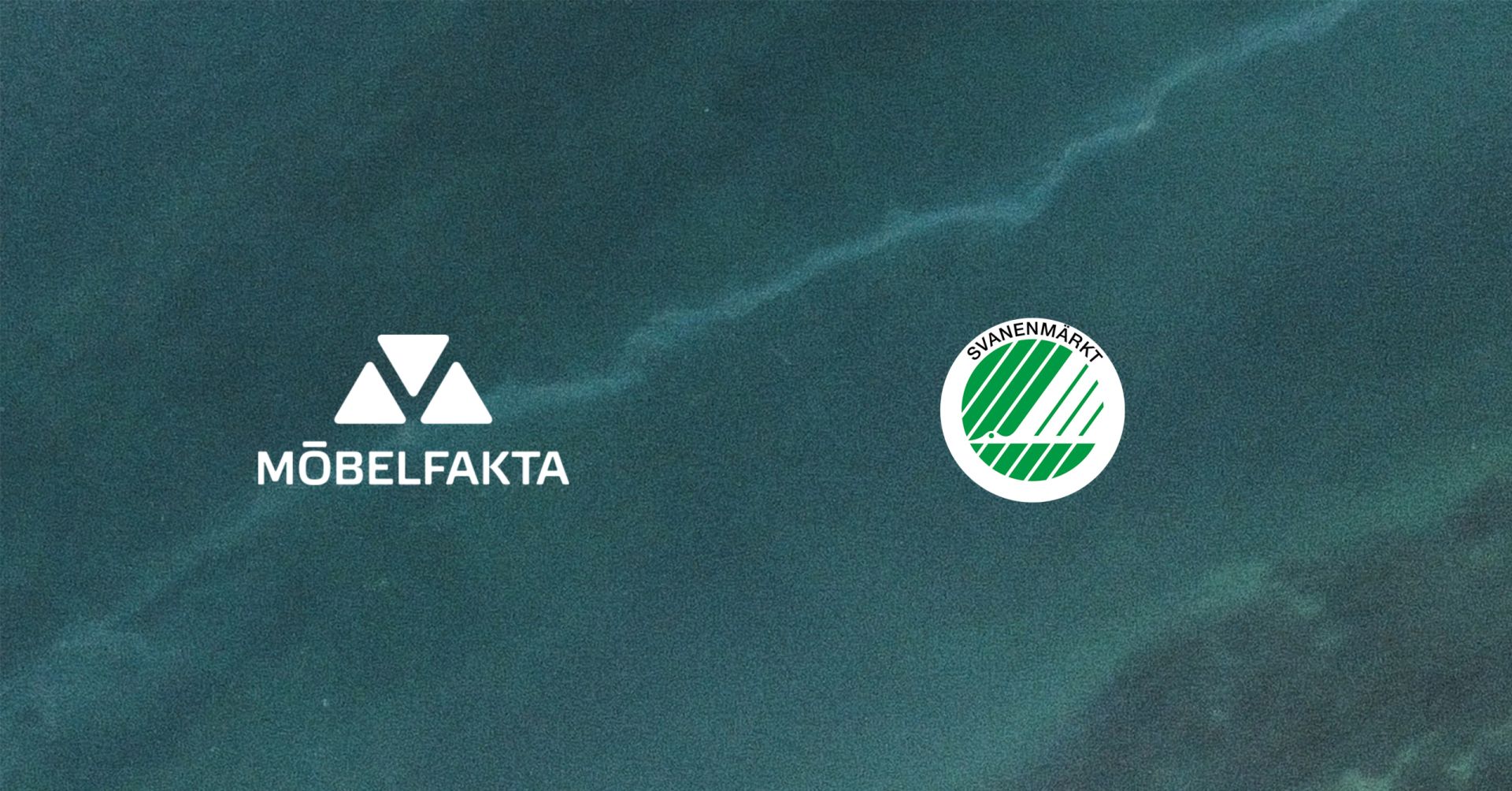
Where they concern the environment and quality, the Nordic Swan and Möbelfakta’s requirements are often very alike; they are expressed in slightly different ways but often provide similar end results. The review process differs between Möbelfakta and the Nordic Swan. The Nordic Swan reviews every document before the furniture is approved, which is a costly process and ultimately it’s necessary to pass these costs on to the customer. Möbelfakta has a simpler administration without compromising credibility; when a producer applies for their first Möbelfakta label, all documents are reviewed and an audit is performed on site. For subsequent labelling, only a simple check is made, after which the products are subject to regular spot checks. Because this simpler administration is cheaper, even small producers can afford to certify their products. Both systems are based on the credibility of the producer.
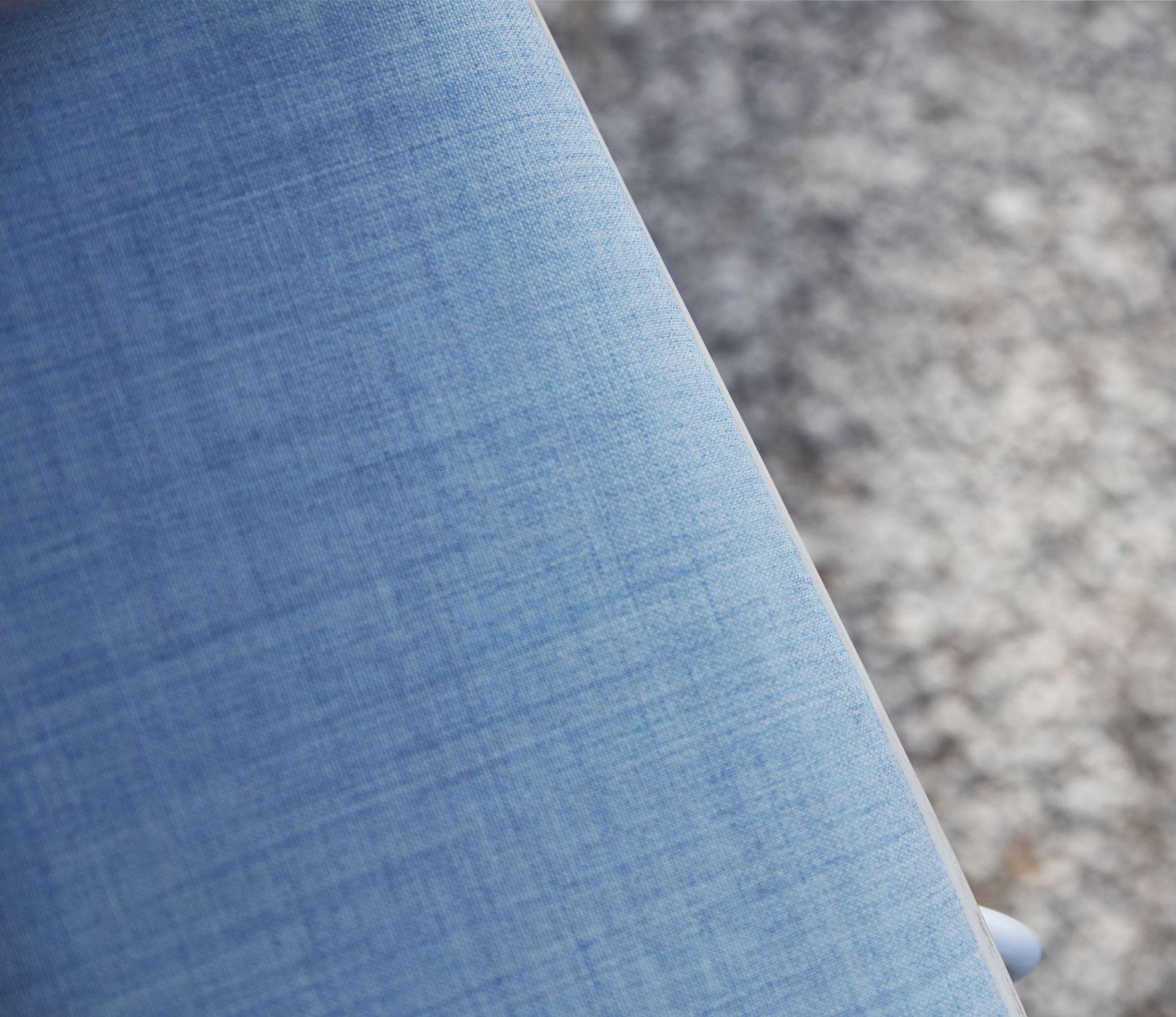
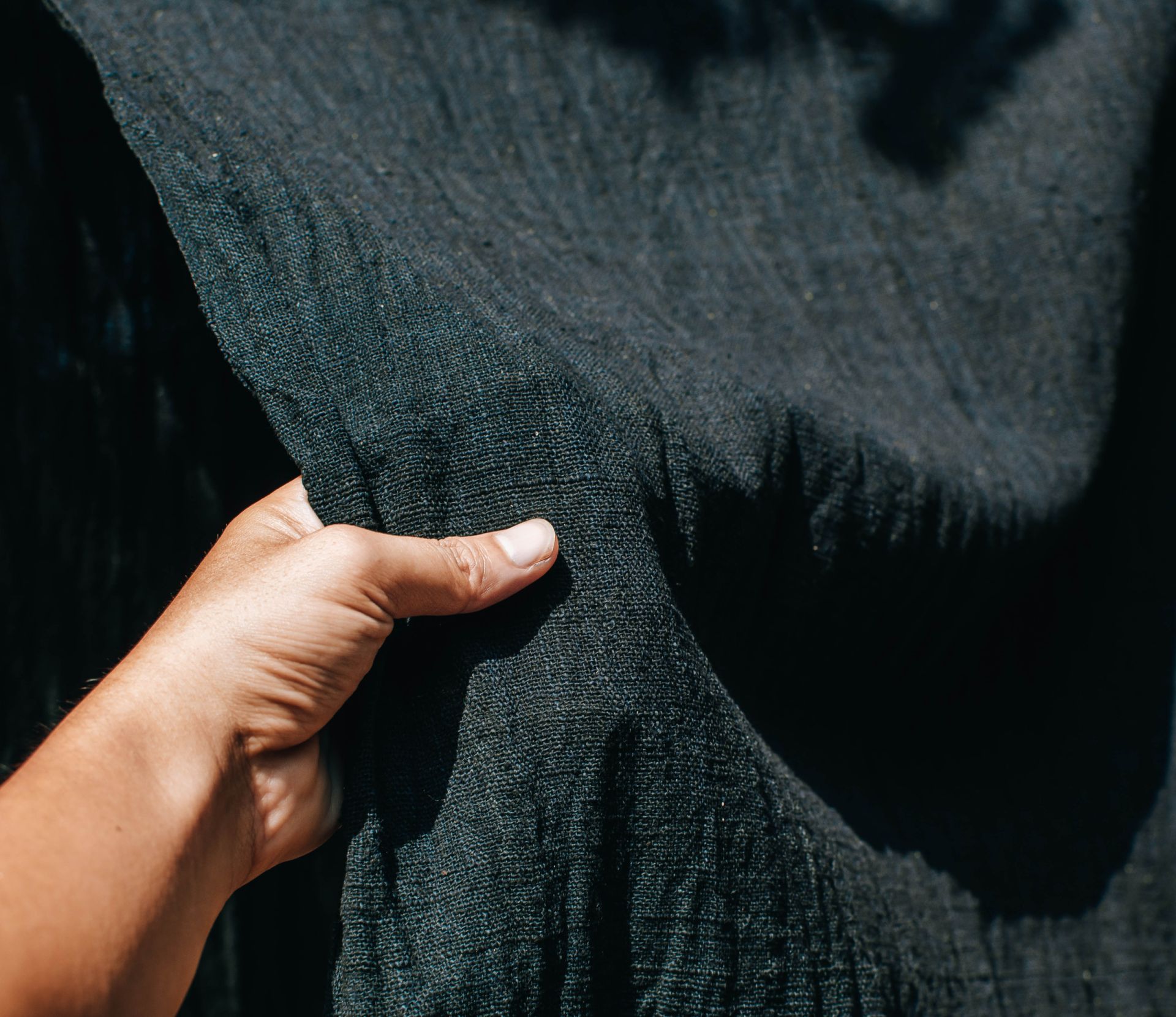
The assertion that the Nordic Swan’s environmental standards are tougher than Möbelfakta’s is to some extent true in certain areas. The differences are quite small; the important thing is the setting of environmental requirements in general, to screen out low-price imports the chemical content of which is unknown and whose quality is often low. Both Möbelfakta and the Nordic Swan are Type 1 certifications, where e.g. the requirements are checked by a third party. Requirements are also gradually raised, with the aim of making sure the furniture is always among the best choices from environmental and health perspectives.
Möbelfakta is one of very few labels that demand decent working conditions for the people who make the furniture, and that furniture companies must be actively engaged in proactive efforts for decent working conditions in the supply chain. This is the biggest difference to the Nordic Swan, whose requirements for furniture do not cover areas such as working conditions or child labour. Möbelfakta also requires companies producing furniture to have a Code of Conduct in line with the fundamental human rights in the UN’s Global Compact and the ILO’s eight core conventions.
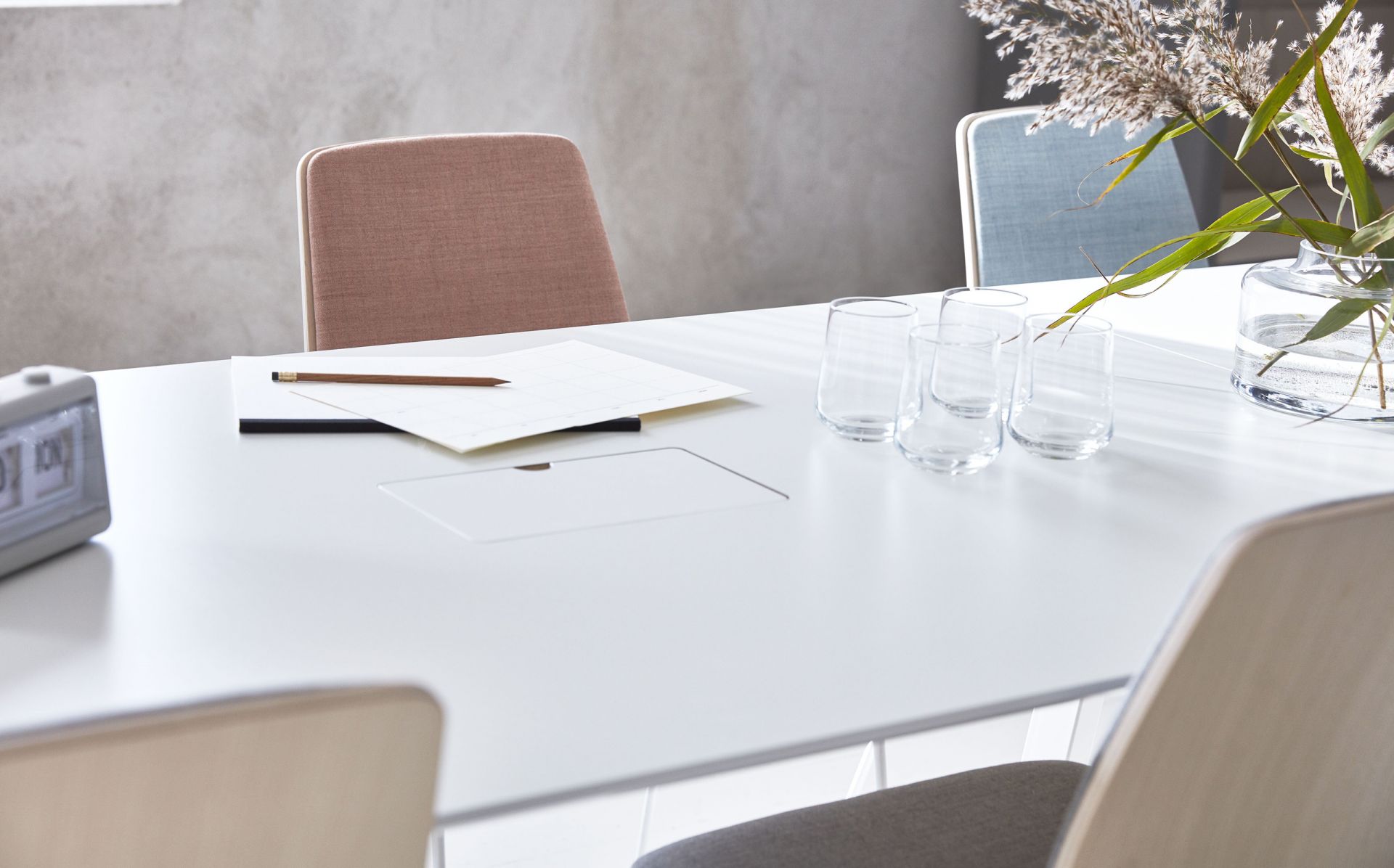
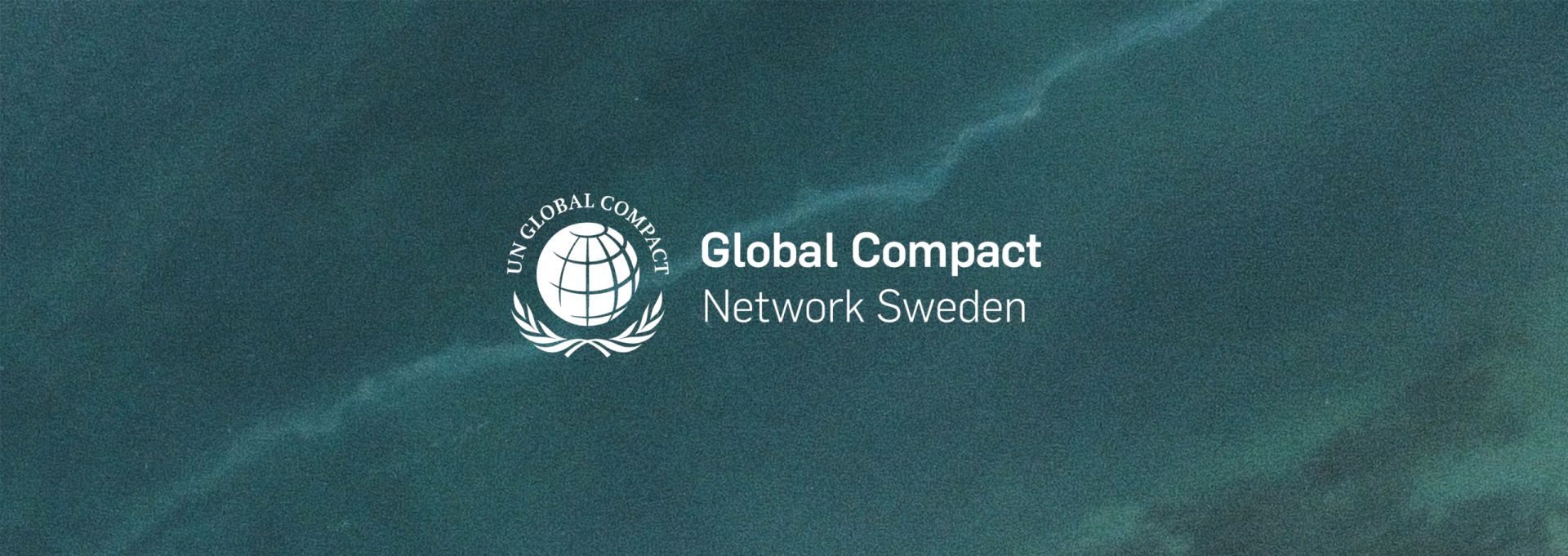
The UN Global Compact’s principles:
1. Support and respect international human rights in the sphere of corporate influence
2. Ensure that their own companies are not involved in human rights violations
3. Uphold freedom of association and recognize the right to collective bargaining
4. Eliminate all forms of forced labour
5. Abolition of child labour
6. Eliminate discrimination in recruitment and assignments
7. Support the precautionary principle with regard to environmental hazards
8. Take initiatives to strengthen environmental awareness
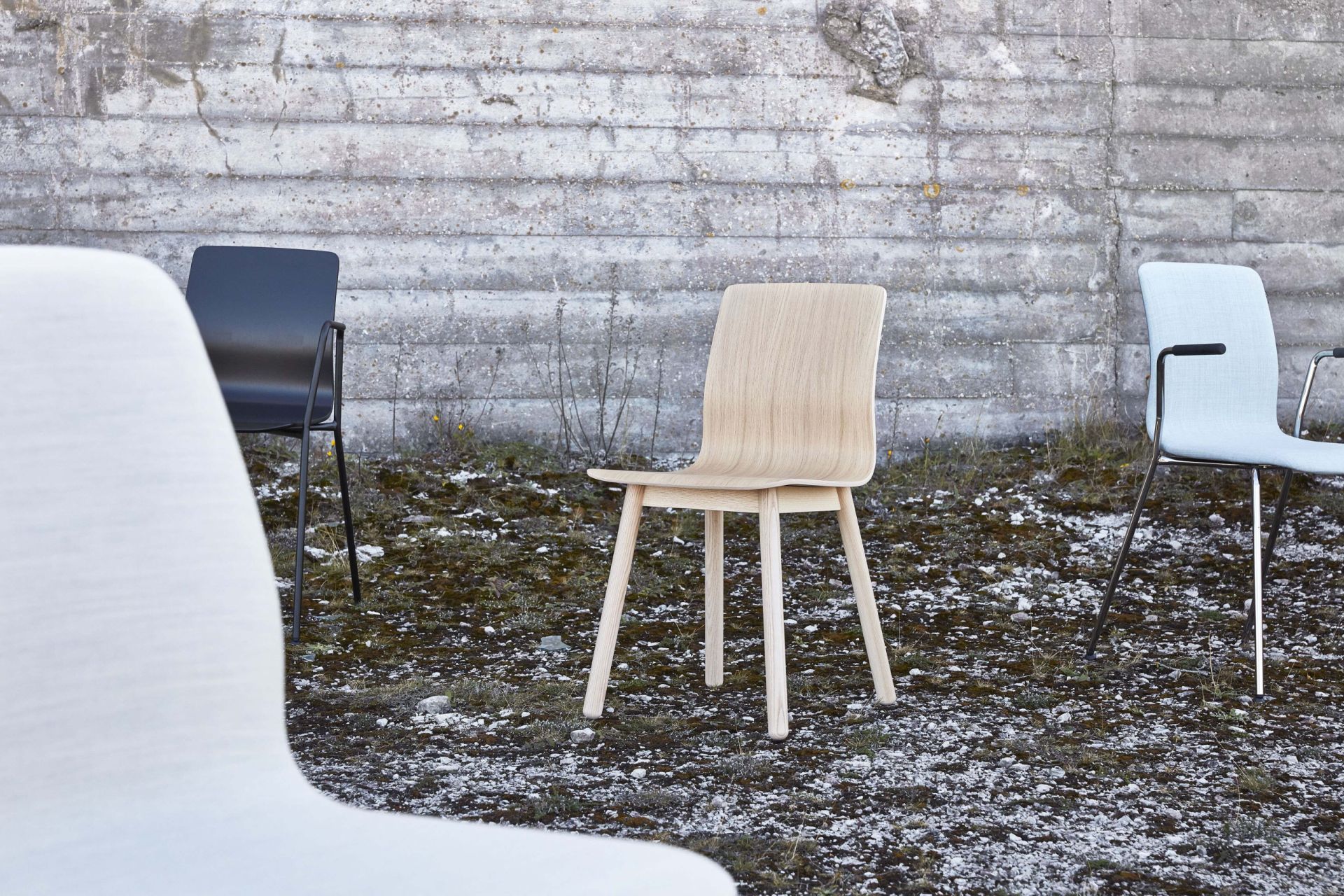
The biggest differences between Möbelfakta and the Nordic Swan:
Swedish Möbelfakta includes requirements for social responsibility; the Nordic Swan does not. However, the Nordic Swan has slightly more stringent environmental requirements in certain areas, such as chemicals and recycled materials. The two certifications have different administrative arrangements, which means Möbelfakta costs less than the Nordic Swan.
Related stories
How do we identify the best eco-friendly furniture?
Because the furniture industry impacts the environment in several different ways such as through the use of materials and..
Which eco-labels are relevant?
It’s easy to get lost in the jungle of certifications that respond to environmental requirements. Which eco-labels are..

